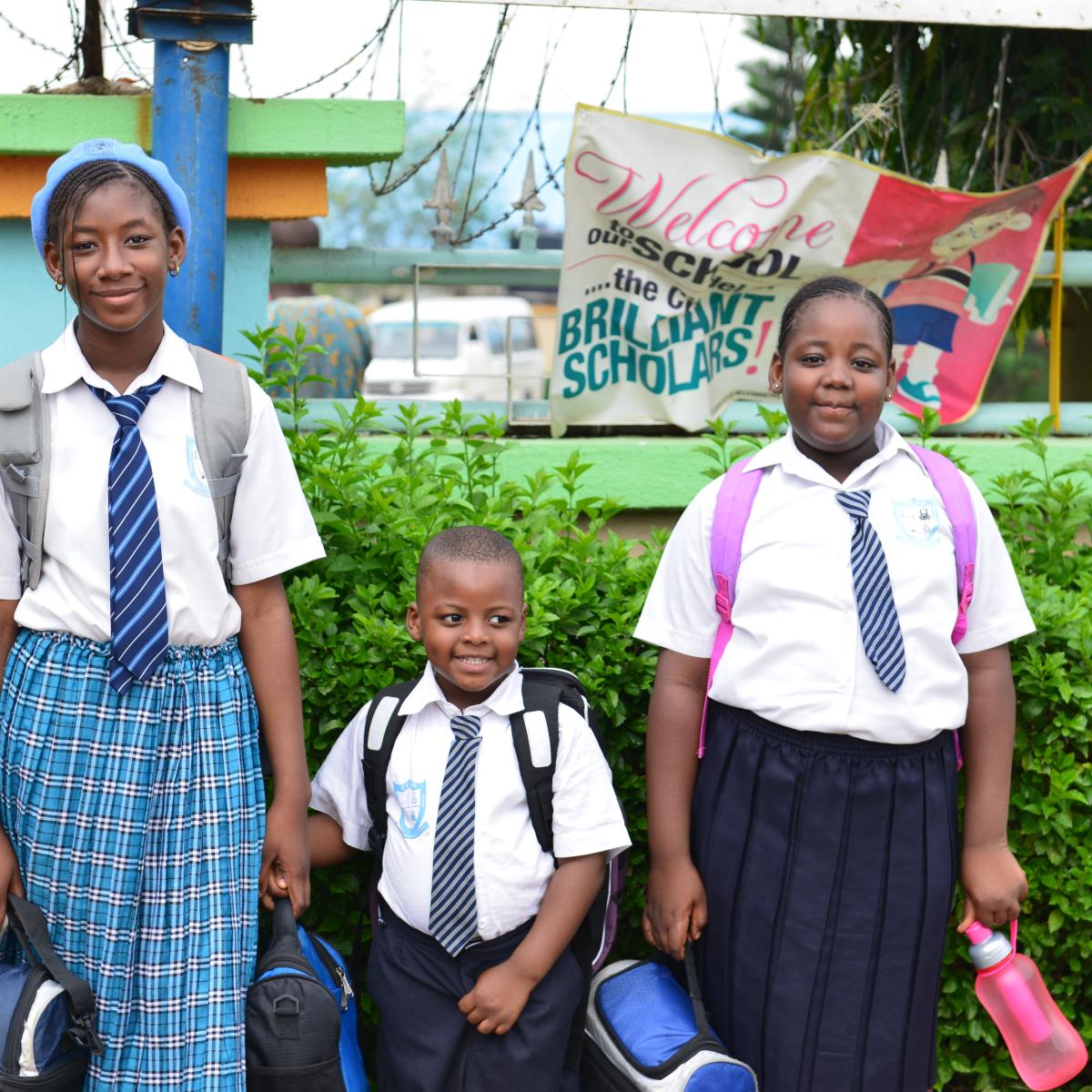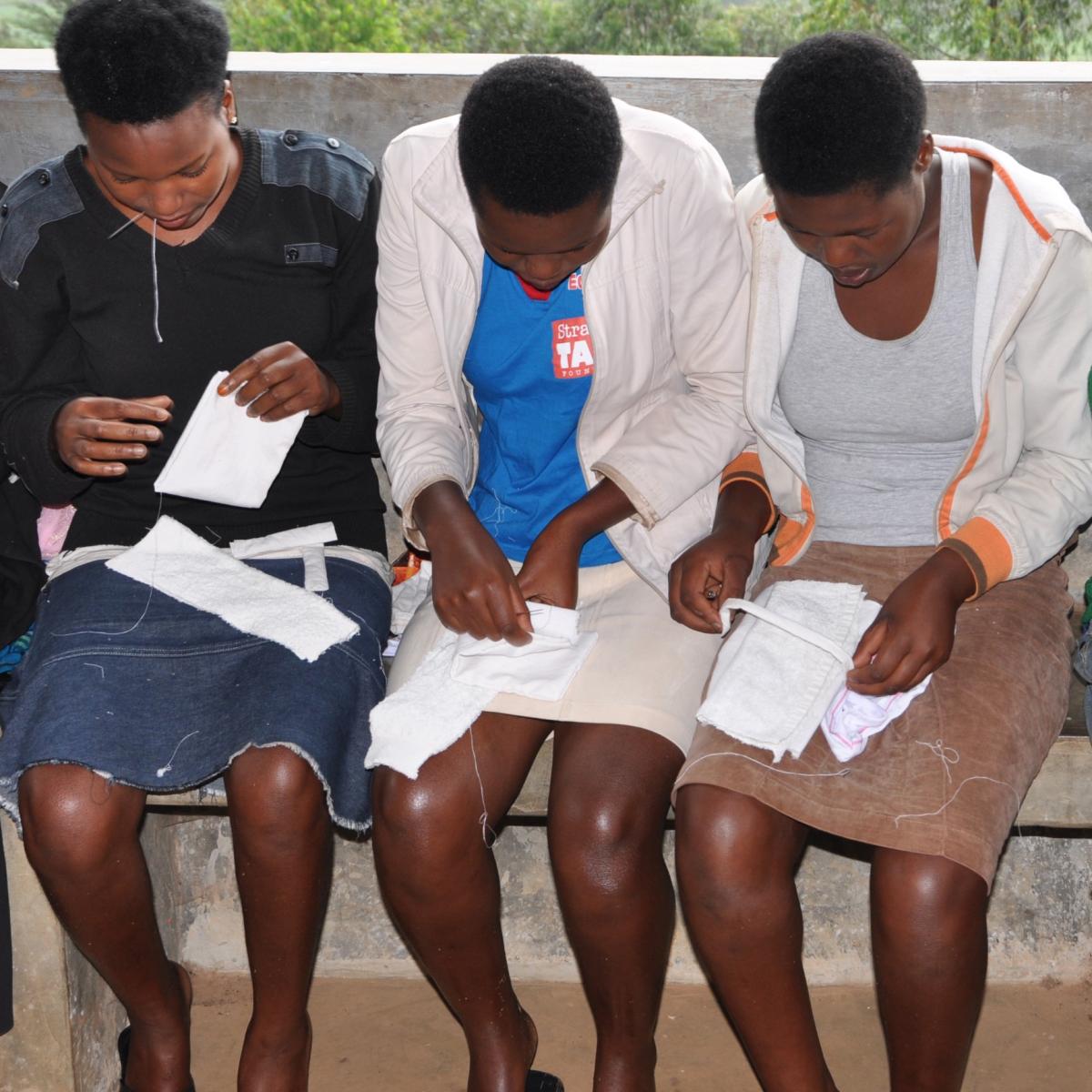ICPD+30

In 2024, we commemorate the 30th anniversary of the International Conference on Population and Development (ICPD) held in Cairo, Egypt, in 1994. This landmark event reshaped discussions on population and development, making them human-centered and rooted in respect for human rights and environmental sustainability. The historic ICPD Programme of Action was adopted during the conference, affirming that sexual and reproductive health are fundamental to human rights and highlighting the imperative to empower women and girls.
USAID supports the freedom of individuals to voluntarily choose the number, timing, and spacing of their children in alignment with the ICPD framework. In honor of the upcoming anniversary of ICPD and International Day of the Girl Child, we’d like to highlight a High Impact Practice (HIP) supported by USAID’s Office of Population and Reproductive Health. HIPs aim to maximize investments within comprehensive family planning strategies when scaled and institutionalized by policymakers and implementers and are applicable in a variety of settings. Many HIPs have helped to further ICPD’s Programme of Action over the years, but one HIP focusing on educating girls to create a foundation for positive sexual and reproductive health behaviors does this particularly well.
Forming Healthier Sexual and Reproductive Health Behaviors
The longer girls stay in school, the greater the impact on their lives, the lives of others around them, and on the development of their country. Girls who stay in school longer have healthier sexual and reproductive behaviors, improved agency and decision-making, and increased wages1. There's also a beneficial cycle: girls who stay in school are more likely to use reliable contraception, enabling them to avoid unintended pregnancies and continue their education. Yet, despite this, around 110 million girls and young women are projected to be out of school by 2030 if current progress rates persist. Investments in both education and the health system are necessary and complementary in development. When both the education and health systems invest in family planning, gender equity and economic growth improve.

USAID supports young girls to form healthier sexual and reproductive behaviors through investments in programs and technologies that meet young people where they are. For example, Go Nisha Go by Game of Choice, Not Chance, is a role-play choice-based mobile game available in India that teaches girls about menstruation, relationships, and sexual and reproductive health. To address information gaps about women’s bodies and menstruation in India that leads to stigma and taboos, game players can learn about and even purchase period products, understand how to track their cycle and fertility, and access a menstrual health helpline that answers users’ questions confidentially. Since the app launched in June of 2022, it has been downloaded over 224,000 times; over 19,000 CycleBeads, a fertility awareness method of family planning based on the Standard Days Method® (SDM), have been purchased directly from the game; and users have asked nearly 300,000 questions. Ultimately, Go Nisha Go helps girls in India strengthen their decision-making skills, gain confidence, overcome stigma, and increase their reproductive health knowledge. This, in turn, can help those girls remain in school and further their education.
Integrating Sexual and Reproductive Health and Education

USAID supports programming that integrates information on healthy sexual and reproductive behaviors with educational opportunities to further ICPD’s Programme of Action. In Northern Uganda’s Lira District, Wii Tuke Gender Initiative, a women- and youth-led organization, uses social and behavior change programming to bolster community support to empower women and girls. In particular, “The Menstrual Voice” initiative encourages schoolgirls and women in the larger community to feel proud during their menstrual cycles and ensures that girls don’t drop out of school because they cannot afford period products or due to bullying from male students during their menstrual cycles. Additionally, the organization teaches girls how to make their own reusable sanitary towels so they can be self-reliant. As of November 2022, the initiative has trained over 100 girls and is looking towards expanding to more schools.
At USAID, our work has continuously aligned with the Programme of Action, especially where young people are involved, as outlined in our Youth in Development Policy. USAID’s Office of Population and Reproductive Health is working to engage at the ICPD30 Global Dialogue: A New Generation’s Vision for the ICPD, with a focus on continuing to elevate opportunities to realize the full potential of young people through integrated SRH, gender equity, and education approaches.
About the Author:
Dana Berejka is the Policy Fellow in the Office of Population and Reproductive Health at USAID.
1. DHS Program, 2012; Lloyd, 2005; Mboup and Saha, 1998; EFA Global Monitoring Report team, 2014
